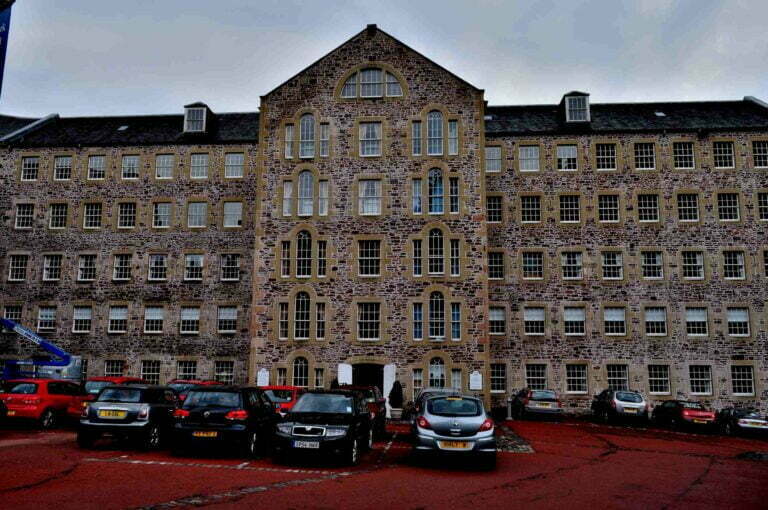Heart of Neolithic Orkney

The heart of Neolithic Orkney is in the Orkney Islands, an archipelago off the north coast of Scotland in the United Kingdom. This World Heritage Site encompasses a group of outstanding prehistoric monuments and archaeological sites that provide insights into the lives and practices of ancient peoples. Skara Brae is a remarkably well-preserved Neolithic village that dates back over 5,000 years. Maeshowe is a Neolithic chambered tomb known for its well-preserved Viking graffiti. The Ring of Brodgar is a stone circle and henge monument consisting of 27 standing stones arranged in a near-perfect circle. This site features a collection of standing stones, including the tallest remaining standing stone in Scotland. The Ness of Brodgar archaeological site is a recent discovery and is still being excavated. These sites collectively showcase the advanced architectural and engineering skills of Neolithic peoples and provide a window into their beliefs, rituals, and way of life.
